Aging Spiritually: The Circle of Welcome
“I ask . . . that they may all be one. As you, Father, are in me and I am in you, may they also be in us . . . so that they may be one, as we are one, I in them and you in me, that they may become completely one.”
—
I read a story this week of a young 12-year-old boy named Brody who was struggling to belong in his new school. He had been a student in this school for two years but had struggled to find friends. He was bullied and teased. The tipping point came when only two students signed his yearbook. When he asked his classmates to sign, they told him no. “It made me sad,” he said.
Knowing that we belong is important to everyone’s sense of identity and worth. The feeling of not belonging is far more common than we acknowledge. When a young person doesn’t feel accepted and liked by other people it can be devastating.
But it isn’t just a problem for those who are young. I have talked with older adults who don’t feel like they belong. Their later years are spent isolated and lonely. This isn’t God’s intention for our lives. God’s love is inclusive, without boundaries or limits, enlarging the circle of welcome to all who would receive that love.
What would your life be like if you fully accepted that you belong in God’s welcoming love? How would your life change if you could affirm that you are God’s beloved child? What would help you feel that acceptance, to know that you are welcomed into the circle of God’s love?
We are the tangible, visible bearers of God’s love. Each one who accepts and receives God’s love is called to extend that love to include others. When you enter God’s circle of welcome your only assignment is to welcome others into the circle! That isn’t as easy as it sounds, is it?
It isn’t easy to include others who are different than you – those who may look different, or have a different background, or hold different opinions, or maybe just someone whose name you don’t yet know. How do we reach out with the inclusive love God we have received, to include others in that love?
Jesus knew of the human tendency to divide people into “us” and “them.” Jesus knew people tend to see things in dualistic choices – either/or, with/against, pure/impure, in/out. Jesus knew how hard it is for people to include one another in such clearly defined circles of purity and belief.
So, Jesus preached a message of radical, inclusive love for the “other,” those who are excluded and outside of our small, pure circles. He called us to look beyond ourselves to include those who are excluded, to bring the outsiders inside, to accept that there is no “us” or “them,” only “all of us.” Either/or became a more inclusive both/and.
The prayer of Jesus in John 17 expresses his desire for oneness among his followers, in the example of the oneness of God. To be one, we must welcome all into the circle of welcome, where all are included, where all belong.
Brody, the boy with the unsigned yearbook, discovered what it means to belong. When some older students heard about what had happened, they organized a group to sign Brody’s yearbook.
Older students showed up in his classroom, filling his yearbook with their support for him. Their efforts convinced some of his classmates to also sign his yearbook. Brody was included in their circle of welcome.
Who can you include in your circle of welcome? How can you bring others together to be one in Christ, as Jesus and the Father are one?
Practice
Our spiritual practice this week is inclusion. Read John 17:20-23 each morning before you start your day. As you go through each day, consider how you can include each person you meet in a circle of welcome. Go out of your way, looking beyond yourself and those you usually include, to invite and welcome a new friend into your life.
Be one as Jesus and the Father are one (John 17:21).
Greg Smith
Legacy Ministry for Older Adults

